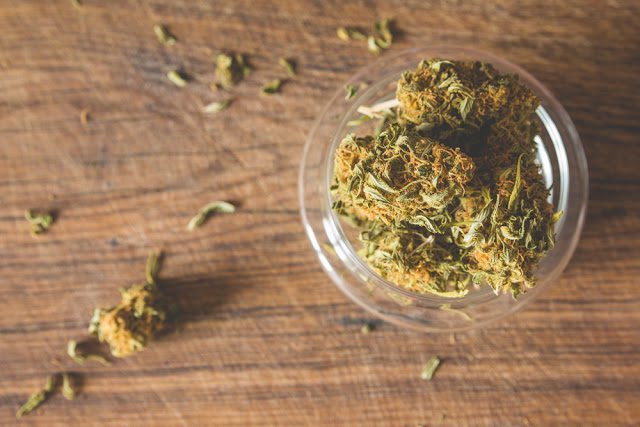Marijuana abuse begins when it is used habitually, and typically as a reaction or response to some other issue. Marijuana is smoked and inhaled, but the active ingredient in marijuana, THC can be extracted and used in food. It may not have the same harmful tar and nicotine ingredients as tobacco, but marijuana smoke can have adverse effects on a person’s lungs and respiratory system. The smoke is an irritant that can erode the linings of a person’s lungs and cause longer-term respiratory problems. Edible marijuana products can contain high concentrations of THC which cause paranoia, psychosis, and mental breakdown.
A more subtle but no less real effect of marijuana abuse is a loss of interest in life. Marijuana abusers are increasingly disconnected from their friends and circumstances and end up living life in a fog. They lack all motivation for any activities other than marijuana use and sink into a stuporous state of apathy and loss of motivation and ambition. Marijuana abusers will ignore all cautions against the consequences of their actions as their impaired judgment reduces or removes inhibitions that are connected to a person’s natural sense of self-preservation.
Marijuana abuse responds well to treatment and therapy. Marijuana and its active ingredients do not create a deep physical connection between the drug and the user’s body and brain. It does, however, foster a strong psychological connection that can keep a marijuana abuser from fully kicking a marijuana habit. Individual and group therapy for marijuana abuse will address this psychological connection as well as any underlying problems that might have driven a person to use marijuana in the first instance.
Marijuana addiction can be a life-altering disorder. Often, marijuana use is the result of untreated mental health disorders like trauma, anxiety, and depression. Cottonwood Tucson offers an integrative approach to the treatment of co-occurring disorders, helping clients heal mind, body, and spirit. Call us today for information on our residential treatment programs for marijuana addiction: (888) 727-0441







